In the wake of the Israel–Iran war in June, all the signs point to a regime in Tehran that is nearing collapse. Iran is facing unprecedented electricity and water shortages, which are exacerbating domestic unrest.
The regime…
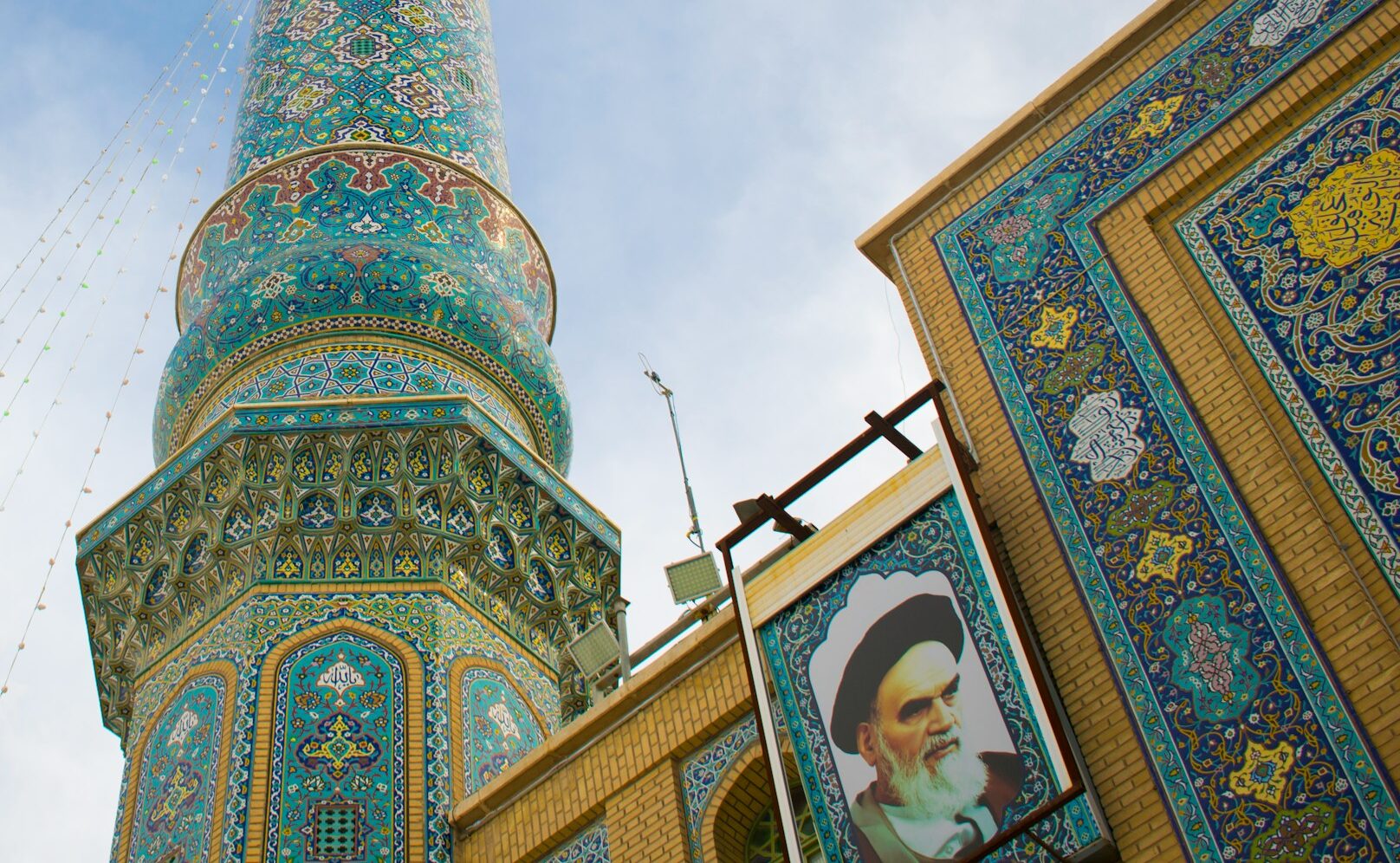
In the wake of the Israel–Iran war in June, all the signs point to a regime in Tehran that is nearing collapse. Iran is facing unprecedented electricity and water shortages, which are exacerbating domestic unrest.
The regime…
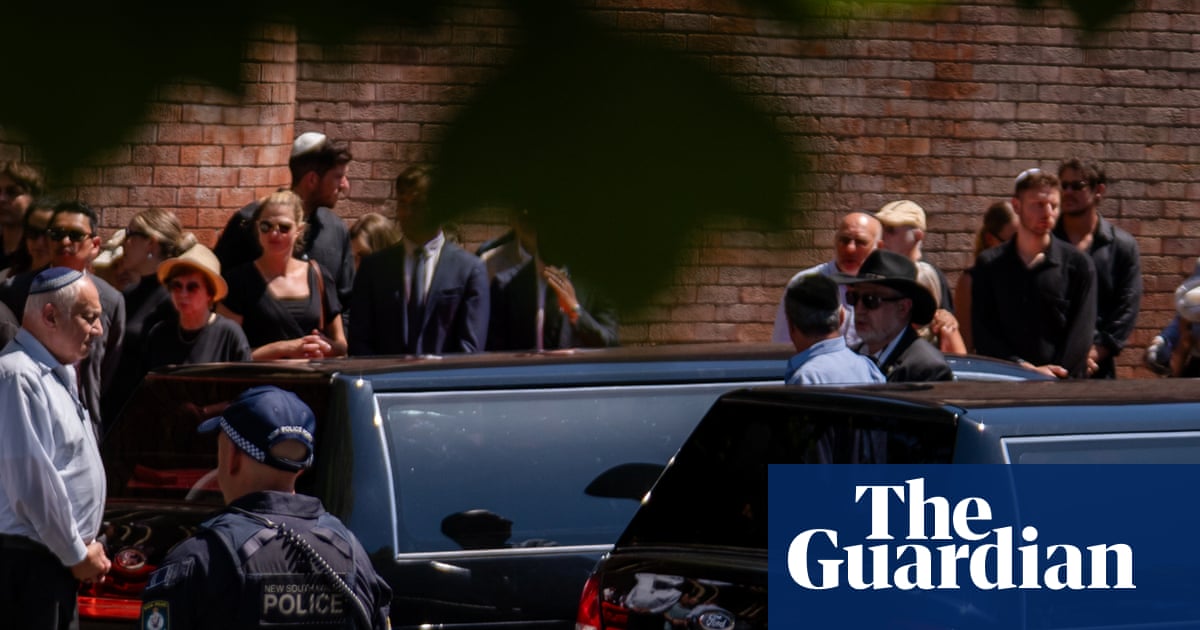
Boris and Sofia Gurman, a local couple who were killed in the Bondi terrorist attack after trying to stop one of the gunmen, have been remembered as hardworking, loving and brave at their funeral service in Sydney’s east.
Dozens of people,…

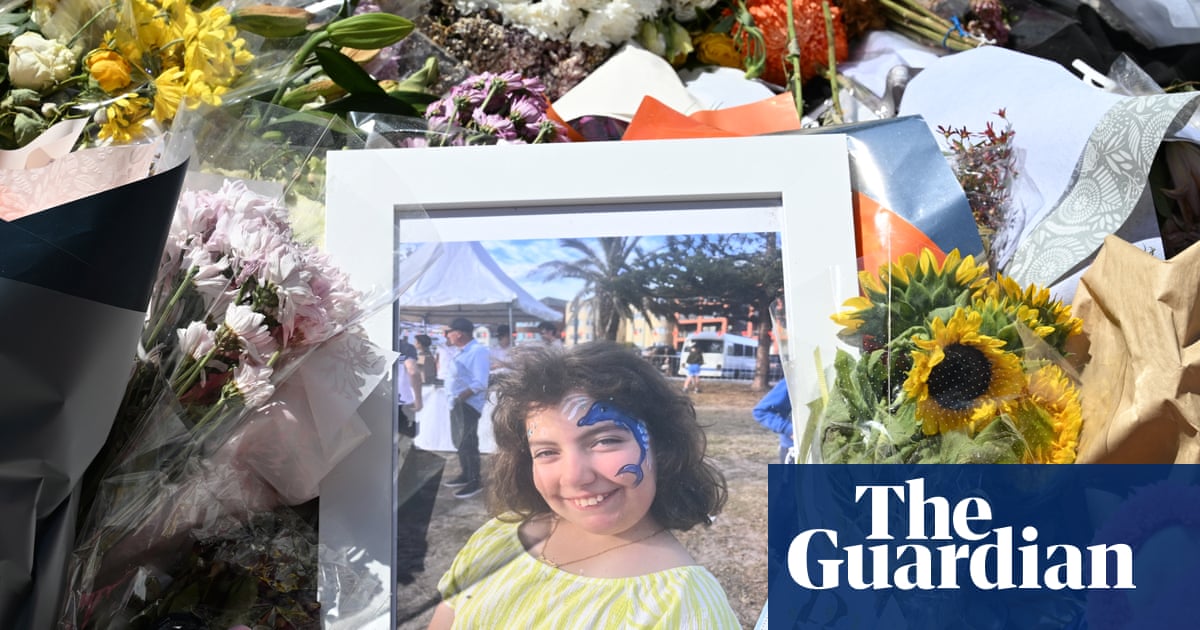
To the world, 10-year-old Matilda was the youngest victim of Australia’s deadliest terrorist attack, but to her father, she was simply “Bee”. It’s her middle name, and the symbol he’s asking a grieving nation to remember her by.
Across…
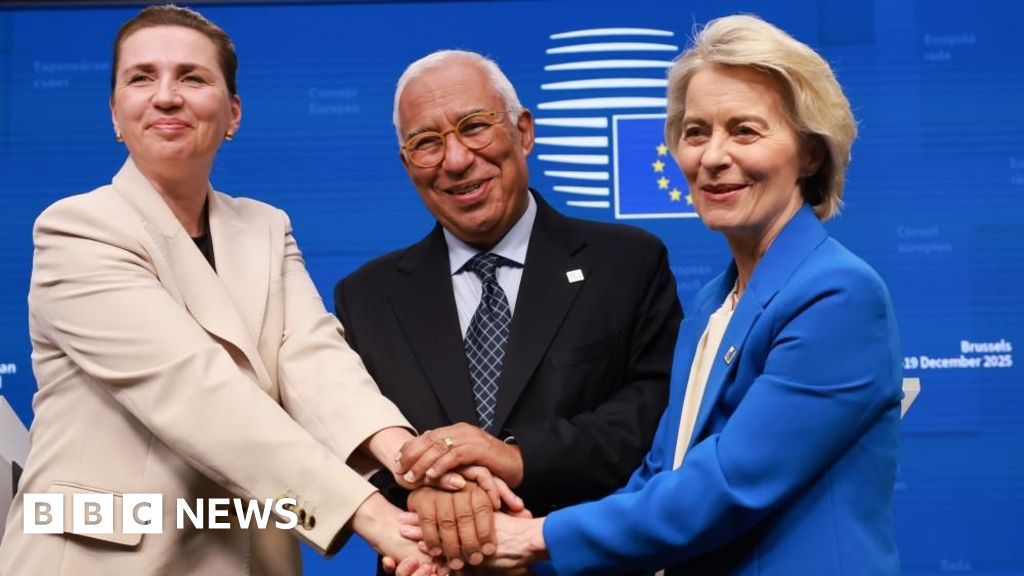
European Union leaders have struck a deal to give Ukraine a €90bn (£79bn; $105bn) loan after failing to agree on using frozen Russian assets.
The agreement, which leaders said would meet Ukraine’s military and economic needs for the next two…
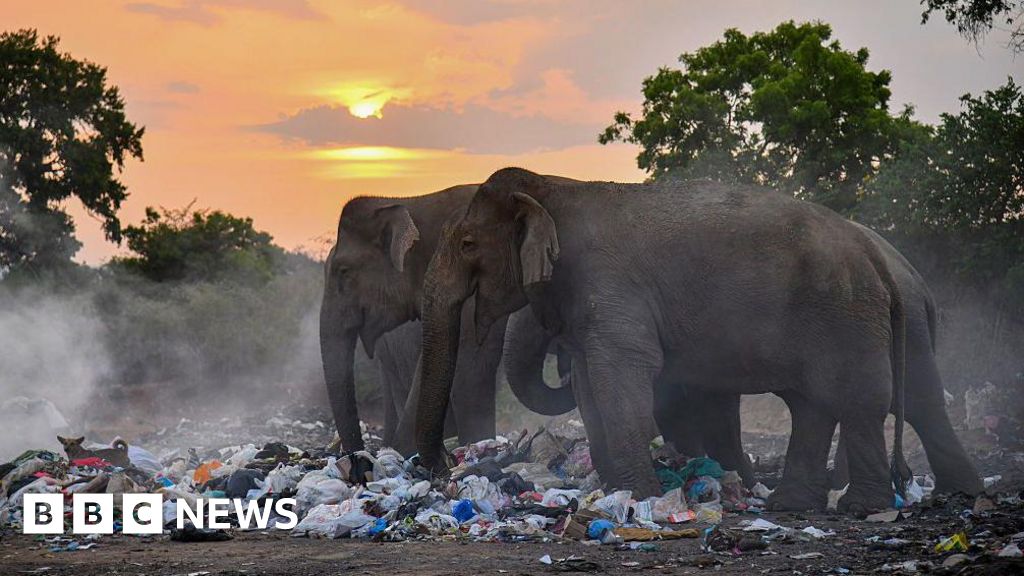
Police in Sri Lanka have arrested three men for allegedly burning a wild elephant with flaming torches while trying to chase it away, local media reported.
A video of the incident, which took place in a village in the country’s north, triggered…

A man resembling Bondi gunman Naveed Akram has been captured on CCTV in Davao in mid-November, as authorities continue to investigate the movements of him and his father, Sajid Akram, in the lead-up to the attack.
In a video obtained exclusively…

Violence broke out in Bangladesh’s capital early on Friday after a youth leader of the country’s 2024 pro-democracy uprising who was injured in an assassination attempt died in a hospital in Singapore.
Thousands of protesters took to the…
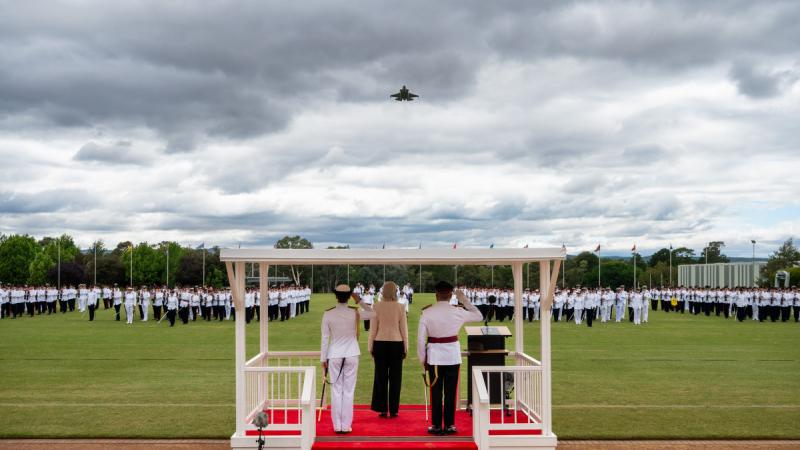
Marking the completion of three years of university study and joint military training, 330 third-year Trainee Officers took to the parade ground for the final time at the Australian Defence Force Academy (ADFA) on…